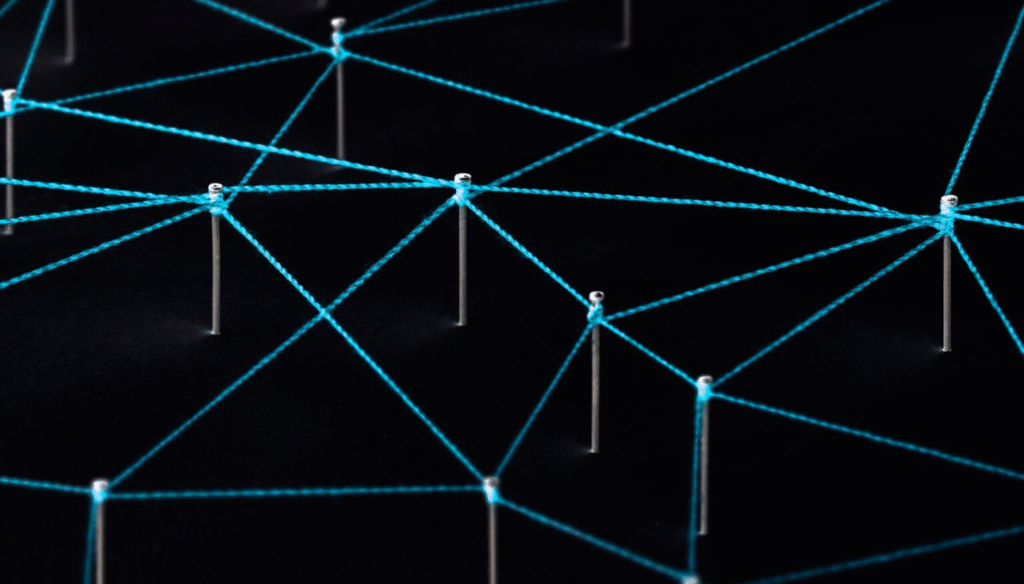From counting steps to monitoring heart rate, smartwatches have become an extension of our bodies—always tracking, always analyzing. But as these devices evolve, gaining new capabilities powered by artificial intelligence and biometric sensing, a provocative question arises: what happens when your smartwatch becomes smarter than you?
This isn’t a hypothetical anymore. The line between a helpful gadget and a proactive decision-maker is starting to blur.
The Evolution of the Smartwatch
Smartwatches began as fitness trackers—step counters, calorie estimators, and digital wristwatches with a few extra tricks. Then came GPS, heart rate monitors, sleep tracking, and now ECG, blood oxygen sensors, and stress analysis.
Recent models use machine learning to detect patterns in your behavior, predict health risks, and even suggest lifestyle changes. They’re not just reflecting your life—they’re starting to shape it.
When Your Watch Knows You Better Than You Know Yourself
Imagine this scenario: your smartwatch detects a subtle change in your resting heart rate and reduced sleep quality. Before you feel anything wrong, it warns you of potential illness, urges you to take it easy, and automatically reschedules your morning workout.
To you, the day feels normal. To your smartwatch, it’s a red flag. The unsettling part? It might be right.
Here’s where things get interesting—and a little unnerving.
The Power Shift: Passive User, Active Device
As smartwatches gain the ability to interpret data more deeply, they begin to influence your choices:
- It might recommend skipping that high-intensity workout today.
- It could advise going to bed earlier based on predicted fatigue.
- It might flag irregularities in your heart rhythm before any symptom arises.
These nudges can be helpful, even life-saving. But they also raise a question of autonomy: are you still the one making the decisions?
The Psychological Trade-Off
The more your watch does for you, the less you may trust your own judgment. This can create a kind of digital dependency, where you second-guess your feelings based on what a sensor says.
For instance:
- You feel energized, but your watch tells you your recovery metrics are poor.
- You think you’ve had enough sleep, but the sleep score says otherwise.
- You feel healthy, but the device insists you’re “under stress.”
Over time, the user may begin to trust the algorithm over their own body signals—a kind of outsourcing of self-awareness.
Are We Losing Intuition?
Technology’s promise has always been augmentation—to enhance human abilities, not replace them. But when a device becomes better at reading your body than you are, the risk is that your own intuition atrophies.
We might become so attuned to data that we forget how to listen to our own bodies. The watch becomes the expert, and we become the follower.
The Ethics of Predictive Devices
A smartwatch that is “smarter than you” isn’t just reading vitals—it’s predicting outcomes. That opens a Pandora’s box of ethical and privacy concerns:
- Who owns the insights your watch generates?
- Can your insurance company access predictive health data?
- What if your watch warns you of a condition you’re not ready to face?
- Can a device recommend medical action—or inaction—beyond your control?
As predictive algorithms advance, society will need clear lines between guidance and governance.
The Future: Symbiosis or Submission?
The future of smartwatches lies in contextual intelligence—knowing when to alert, when to adapt, and when to stay silent. The best smart devices will be those that collaborate with the user, not dominate them.
Instead of removing decision-making, they’ll enhance it:
- Suggesting options without pressure
- Providing explanations alongside recommendations
- Encouraging human override rather than discouraging it
In other words, the ideal future is symbiosis, not submission.
Conclusion: Keeping the Human in the Loop
Smartwatches are no longer passive tools. They’re evolving into active companions, capable of shaping our health, habits, and decisions. When your smartwatch becomes smarter than you, the challenge isn’t losing control—it’s learning how to share it wisely.
In this brave new world of intelligent wearables, staying human means staying curious, reflective, and occasionally skeptical—even when your wrist tells you otherwise.


